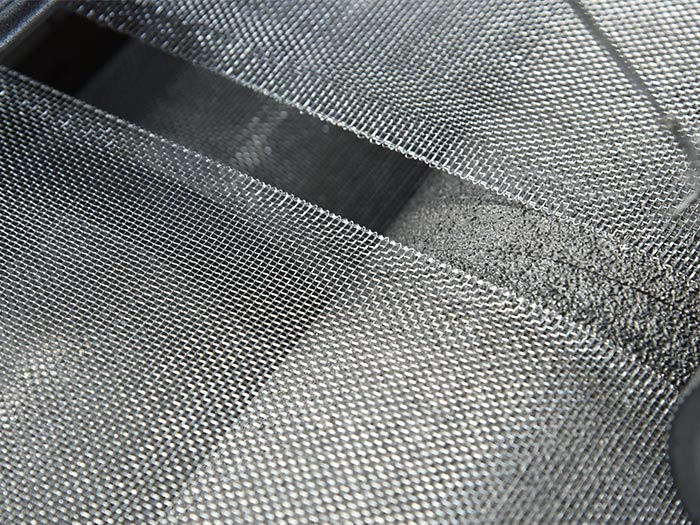When it comes to your home, few things are as important as maintaining comfort and security. One often overlooked aspect of this is the window screen mesh. Window screens serve a variety of functions, from keeping insects out to providing privacy and reducing energy costs. But not all window screen meshes are created equal. In this window screen mesh buying guide, we will explore the key factors to consider when choosing the right mesh for your windows.

The first and perhaps the most crucial factor to consider when buying window screen mesh is the material. There are several common materials to choose from:
Fiberglass: Fiberglass mesh is the most popular choice due to its affordability and durability. It's resistant to rust and corrosion and provides good visibility. It's also easy to clean and maintain.
Aluminum: Aluminum mesh is another durable option that is resistant to rust and offers excellent visibility. It is often chosen for its sleek appearance and ability to withstand harsh weather conditions.
Stainless Steel: Stainless steel mesh is the most durable option and provides added security to your windows. It's resistant to corrosion and tampering, making it an ideal choice for areas where security is a concern.
Bronze: Bronze mesh is not only durable but also adds a touch of elegance to your windows. It has a classic, antique appearance and is resistant to corrosion.
The size of the mesh openings, measured in mesh count or lines per inch (LPI), determines its ability to keep insects out while allowing airflow and visibility. Common mesh sizes include 18x16, 20x20, and 18x14. Here's a breakdown:
18x16: This mesh is suitable for general insect protection and provides good visibility and airflow. It's a common choice for residential applications.
20x20: This finer mesh is excellent for keeping out smaller insects like gnats and no-see-ums. It's a popular choice for areas with high insect activity.
18x14: This mesh strikes a balance between insect protection, visibility, and airflow. It's suitable for most residential applications.
Window screen mesh comes in various colors, with charcoal and silver being the most common. The color you choose can impact the aesthetics of your home. Charcoal mesh tends to be less conspicuous and offers better visibility, while silver mesh can complement modern design aesthetics.
Exposure to sunlight can cause window screen mesh to deteriorate over time. UV-resistant mesh is designed to withstand prolonged sun exposure without fading or weakening. If your windows receive a lot of direct sunlight, consider UV-resistant mesh to prolong its lifespan.
Consider whether you'll be installing the window screen mesh yourself or hiring a professional. Some mesh types require specialized tools and skills for installation, while others are more DIY-friendly. Make sure you choose a mesh that aligns with your installation capabilities and preferences.
Different mesh materials require different levels of maintenance. Fiberglass and aluminum meshes are relatively low-maintenance, requiring occasional cleaning to remove dust and debris. Stainless steel and bronze meshes are more durable but may require less frequent cleaning.
Lastly, consider your budget. While certain mesh materials and features may be more expensive upfront, they can save you money in the long run by providing durability and energy efficiency. Determine your budget and choose a mesh that offers the best combination of features within that budget.
In conclusion, window screen mesh is an essential component of your home that provides insect protection, privacy, and energy efficiency. By considering factors like material, mesh size, color, UV resistance, ease of installation, maintenance, and budget, you can make an informed decision when buying window screen mesh. Investing in the right mesh will not only enhance the comfort and security of your home but also contribute to its aesthetic appeal.
Comments
Please Join Us to post.
0